Inspired by the Past, Built for the Future
Revert’s aesthetic draws from a retro-modern philosophy. Think New York’s underground energy, music-driven culture, and vintage visuals — reimagined for today’s cannabis connoisseur. We take the roots of the past and fuse them with modern craft to create something fresh, bold, and refined.
Design That Speaks Without Words
Our products are built to stand out, not blend in. From thoughtfully designed packaging to carefully selected strains, every element has intention. Revert is as much about visual identity as it is about premium quality, shaping an experience where aesthetics meet authenticity.
Cannabis for the Creators
Revert isn’t for everyone. It’s for people who thrive on expression and connection. For those who appreciate the details — the smoothness, the balance, the vibe — we deliver a product that matches your lifestyle.
Redefining Cannabis Culture
This is more than premium flower. It’s a movement, blending art, music, and rebellion into one experience. Revert’s mission is to create a cultural fingerprint that goes beyond the high.


